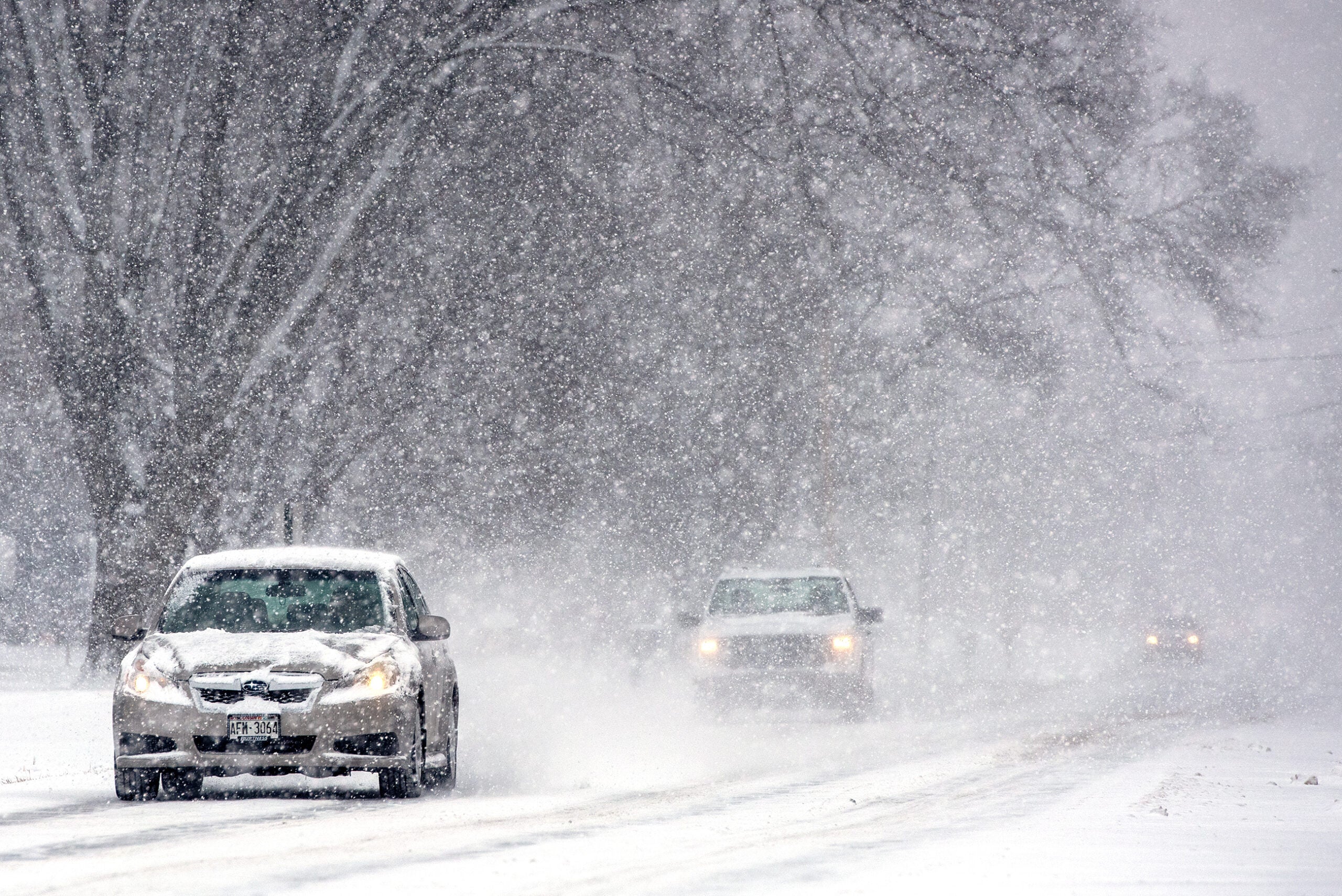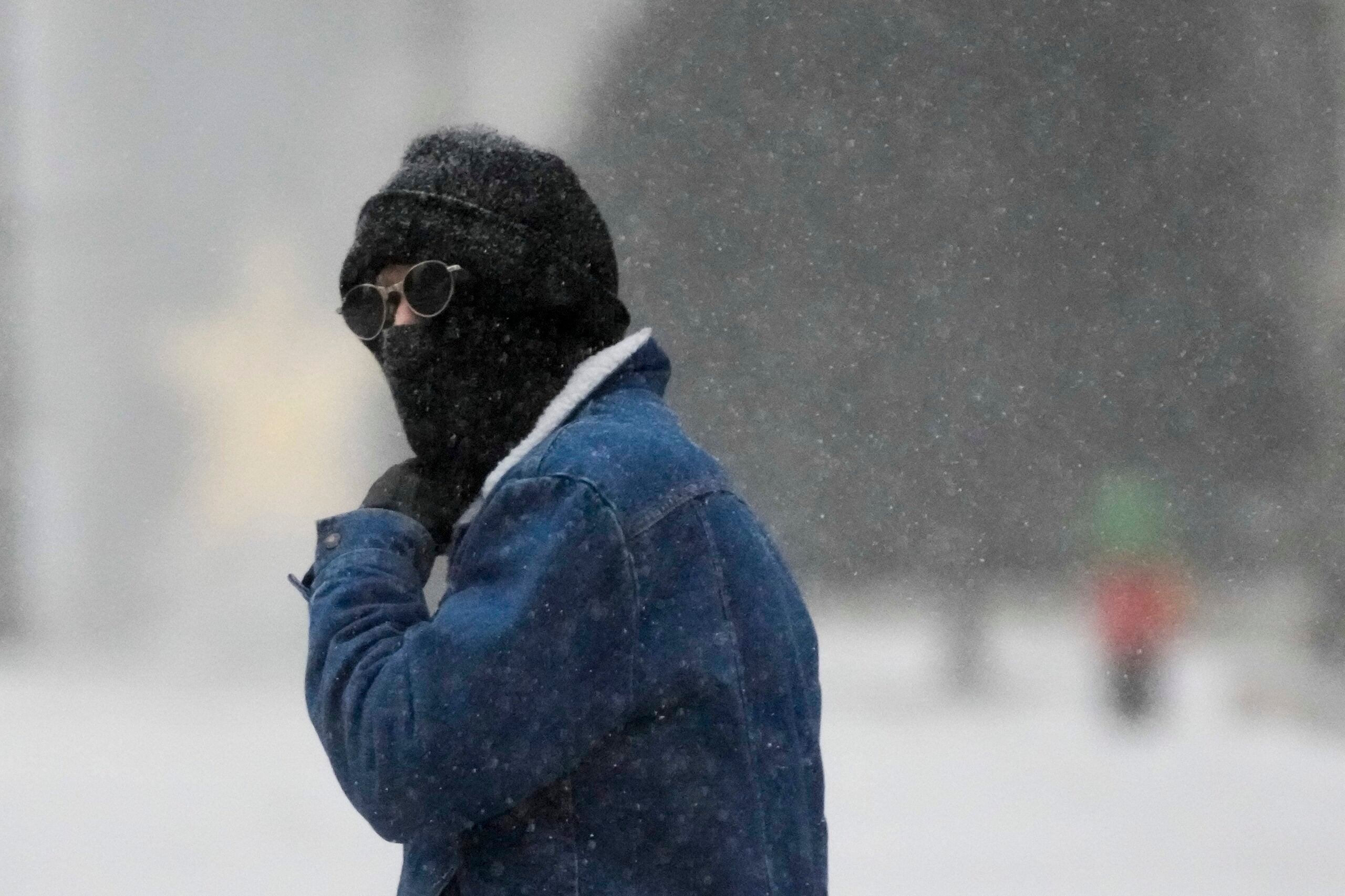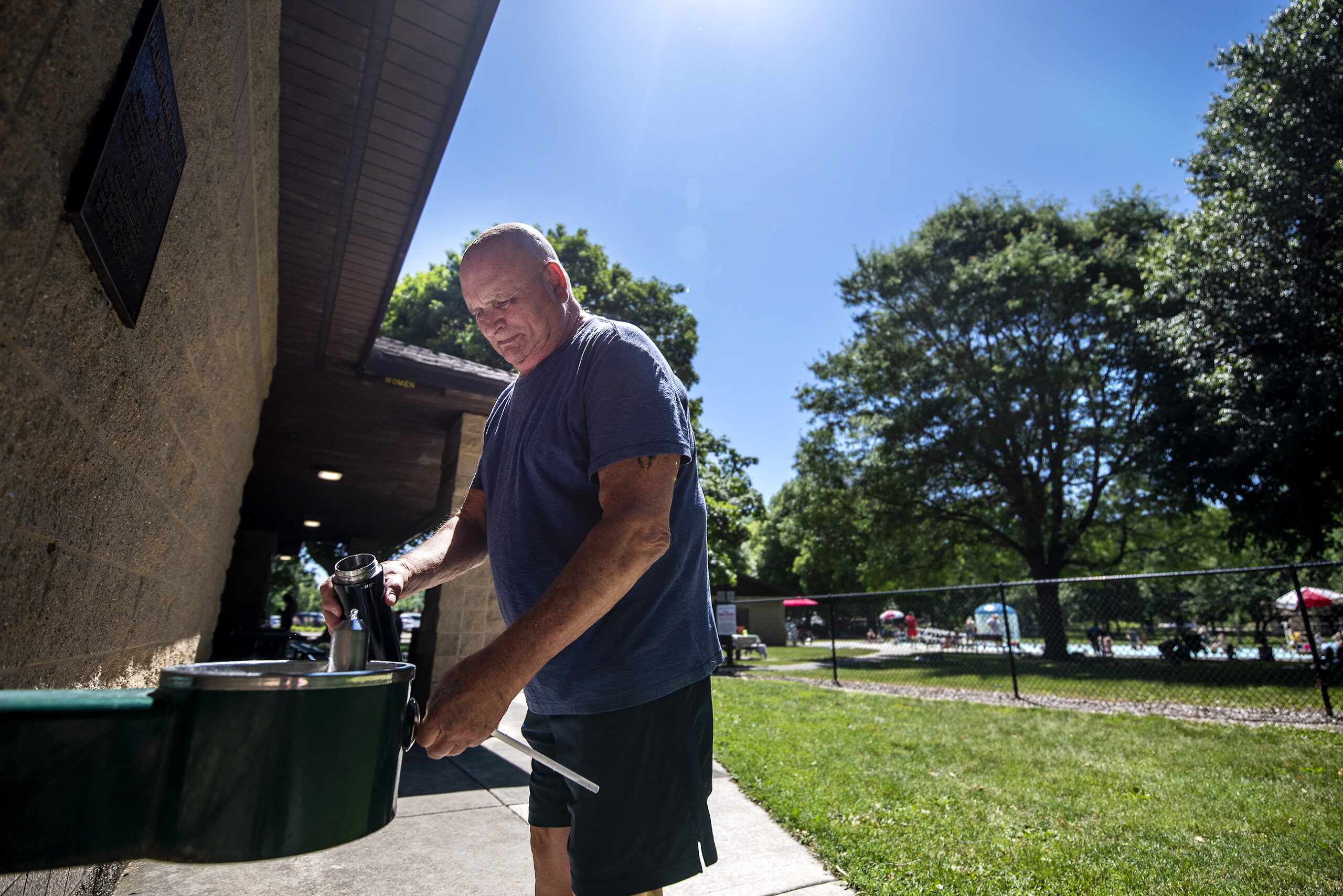When Jeff Goodell walked about 15 blocks on a 115-degree day in Phoenix, the longtime climate change writer realized first-hand the dangers of rising global temperatures.
By the time he reached the other side of town, he felt lightheaded. His heart pounded. He knew the heat was “an immediate risk to people’s lives.”
“I am trying to turn up the urgency,” Goodell said. “I wanted to explore what heat means to us in the here and now as we live on this rapidly warming planet.”
News with a little more humanity
WPR’s “Wisconsin Today” newsletter keeps you connected to the state you love without feeling overwhelmed. No paywall. No agenda. No corporate filter.
Goodell published a book this summer called “The Heat Will Kill You First.” He recently joined Wisconsin Public Radio’s “Central Time” and warned that northern, typically colder states like Wisconsin might not be prepared enough for excessive heat.
“There’s a strong case to be made that people who live in northern cities are more at risk from these freakish and increasingly hot weather patterns that are going to be emerging in the future,” he said.
Among all weather-related hazards, extreme heat causes the most annual deaths, according to the Federal Emergency Management Agency.
The National Weather Service recently called for an excessive heat watch in Wisconsin, as some parts of the state saw temperatures higher than 100 degrees. Milwaukee Public Schools closed schools and extracurricular programs Aug. 23 due to the heat. The state’s utilities prepared for extra demand for power.
Wisconsin is expected to see more hot days next week, including Labor Day with a forecasted high near 95 degrees, according to the NWS.
“Wisconsin is not known, of course, as a place where you’ve experienced a lot of extreme heat waves,” Goodell said. “But it is now in this new climate, a place where I would not be surprised to see temperatures far beyond what you’re used to at some point in the not-so-distant future.”
Goodell said heat has a public awareness problem. People cannot visualize heat in the same way they can a hurricane or tornado, he said. Swirling winds. Buildings falling over. Streets flooded.
Additionally, he said the government is better at mobilizing for those types of weather emergencies.
Goodell wrote in his book about the line between “the cooled and the damned.” Those who can afford to stay inside with air conditioning can escape the heat. What about those who must work outside?
“Heat is predatory. It goes after people who have weaker hearts, who have poor circulatory systems,” he said. “It’s really easy to say, ‘Oh yeah, let’s just get everybody air conditioning and it’ll be fine.’ But that’s not the way the real world is going to work.”
Goodell said he sometimes catches flak for being too optimistic. It would take political will and resident engagement, but there’s a way to build a better world, he said.
“These heat waves we’re seeing (are) really driving home to millions of people that climate change is not a far-off, distant event,” he said. “It’s really happening fast. It’s happening now. Our lives are at stake. We can make changes to do things differently.”
Wisconsin Public Radio, © Copyright 2026, Board of Regents of the University of Wisconsin System and Wisconsin Educational Communications Board.






